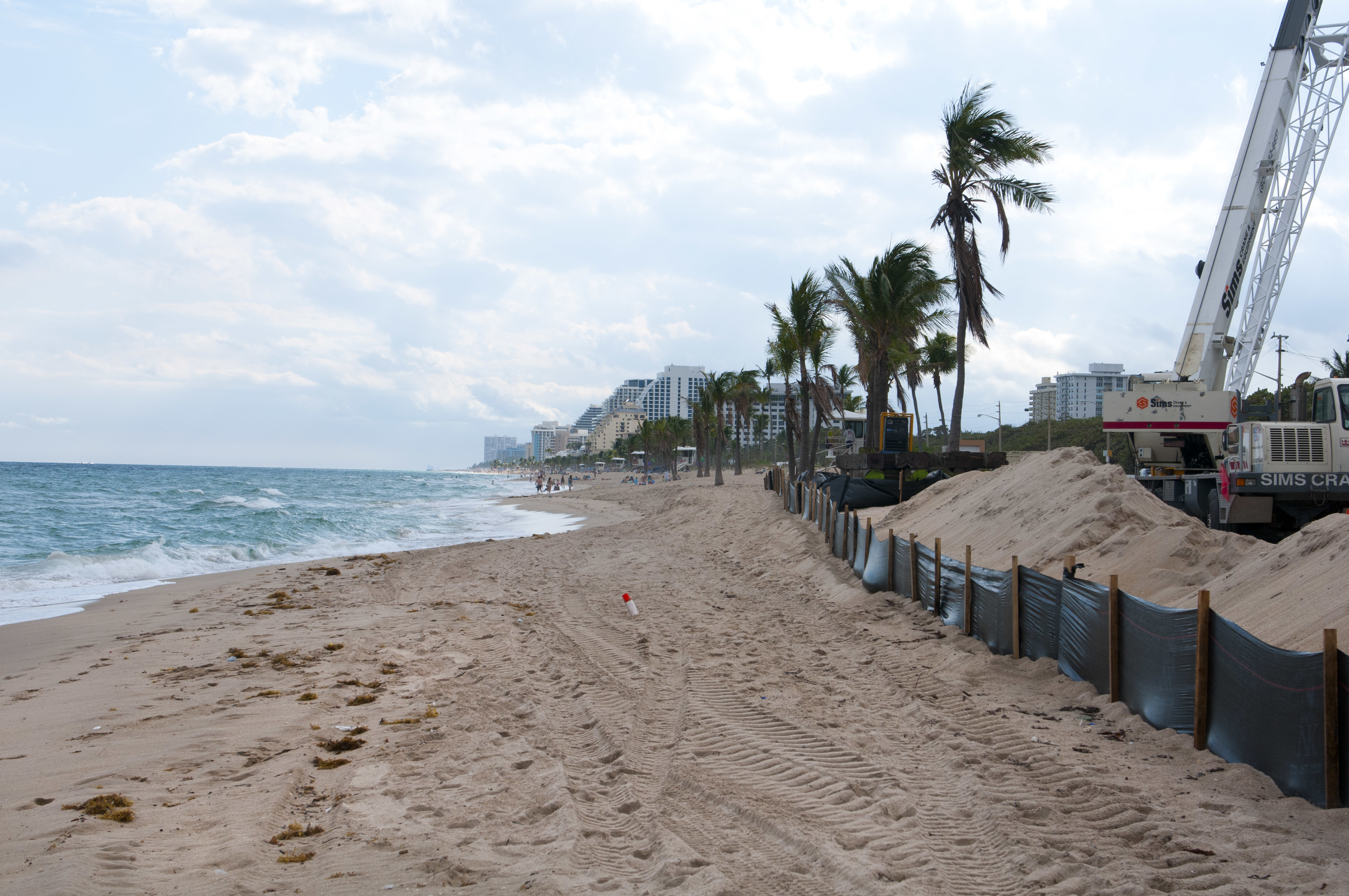Just two weeks after the midterms, the oil and gas industry is already pushing Florida to expand fossil fuel exploration and extraction in its waters — despite the state successfully voting to constitutionally ban offshore drilling.
Advocates for offshore drilling have been touting a recent report commissioned by the American Petroleum Institute (API) as a clear incentive to revisit drilling in state waters.
In the November 15 report, the industry argues that offshore leasing in the Atlantic Outer Continental Shelf and the Eastern Gulf of Mexico would boost Florida’s economy. Oil and natural gas exploration and development in Florida could, according to the report, reach $2.5 billion in economic return over a 20-year period. Fossil fuel projects could also potentially support more than 60,000 to jobs in Florida annually within that period, per the report.
But offshore drilling has long been a contentious issue in low-lying Florida, which is vulnerable to sea-level rise and increasingly frequent and more deadly hurricanes. Climate scientists have repeatedly connected those issues to global warming, something greatly exacerbated by fossil fuels — making drilling a tricky topic for Republicans and Democrats alike.
“This opportunity to inject one billion dollars in increased state and local revenues, coupled with the additional billions of dollars for the economies of coastal states from previous studies, is critical for any plans to help improve quality of life for Florida’s residents and the overall future of the state,” said David Mica, the Florida Petroleum Council’s executive director, in a statement. The council is a division of API.
The findings build on a prior March 2018 report touted by API that similarly argued in favor of offshore oil and natural gas drilling, while downplaying the potential risks of such efforts, like oil spills.
But, there’s a problem. Floridians voted to constitutionally ban offshore drilling only two weeks ago.
Prior to the midterms, Florida already had a ban on offshore drilling in place. But with persistent industry lobbying and politicians weak on climate change, activists have long been concerned that it might be overturned — something conservative lawmakers have attempted in the past.
The midterm elections offered a path around that, albeit with a catch: a strange “bundling” decision left voters forced to simultaneously weigh a constitutional amendment banning offshore drilling along with a ban on indoor vaping.
Despite the strange pairing, a number of green groups nonetheless endorsed the amendment, arguing that the importance of banning offshore drilling outweighed any hesitations about constitutionally banning indoor vaping in workplaces. The amendment ultimately passed with almost 70 percent of the vote.
But environmentalists are concerned that, despite the amendment’s overwhelming passage, drilling could still be an issue in Florida.
Last week, the Pensacola News-Journal reported that some activists are worried that outgoing Republicans in the U.S. House of Representatives might reach a deal with the oil industry to expand offshore drilling before Democrats take over in January.
Florida controls its own state waters, but that authority only extends a few miles offshore before federal control takes hold. The state previously received a controversial waiver from the Interior Department amid efforts by the Trump administration to expand offshore drilling in virtually all federally-controlled waters.
Republican Ron DeSantis, who narrowly won Florida’s gubernatorial race earlier this month, has pledged to keep offshore drilling away from Florida’s waters, as has outgoing Republican Gov. Rick Scott, who also narrowly won his Senate race. Both lawmakers have a mixed history on climate issues.

